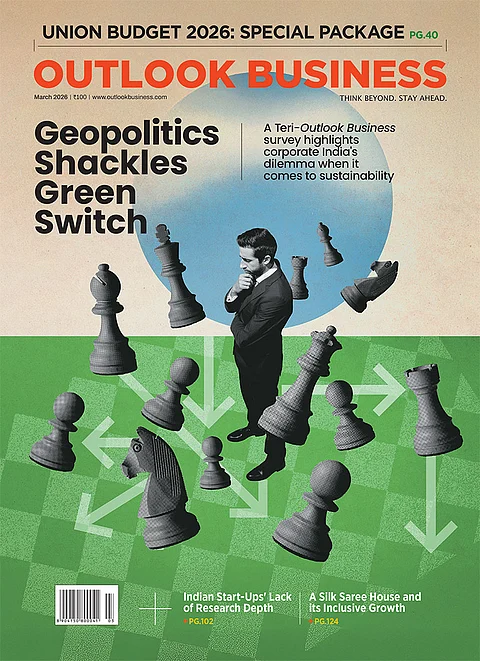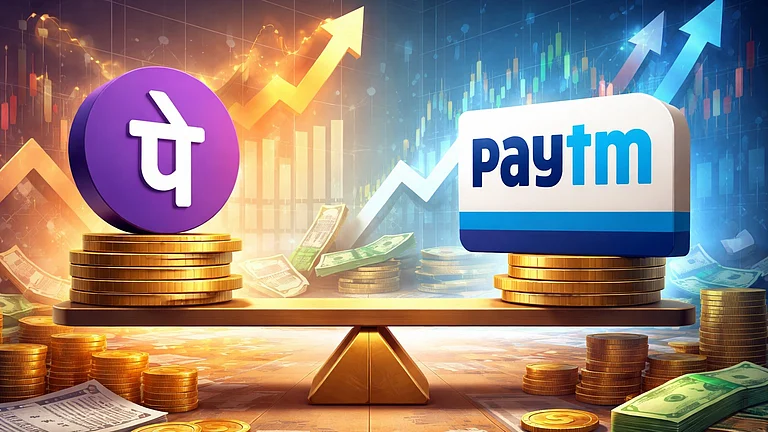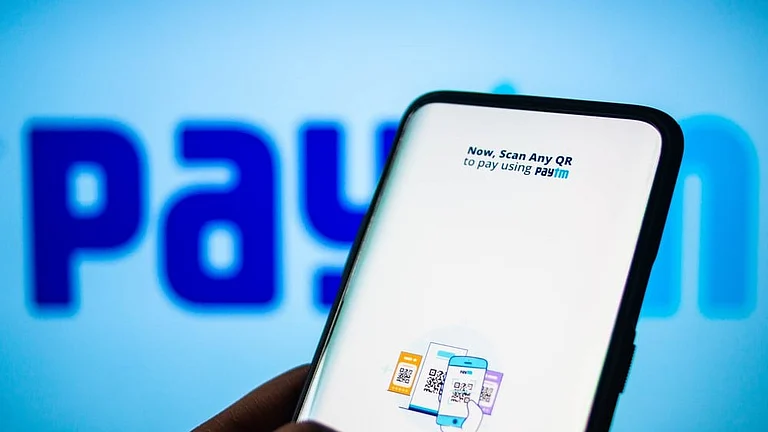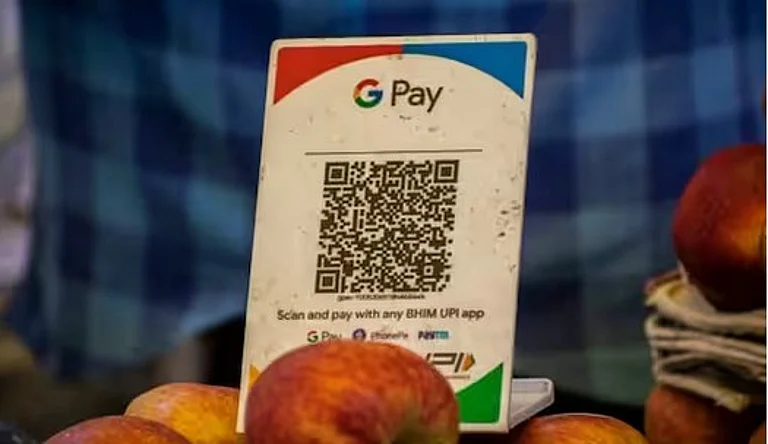One97 Communications, the parent company of Paytm, has received the approval of the National Payment Corporation of India (NPCI) to start migrating users from Paytm Payments Bank to the new Payment Service Provider Bank handles.
“The company has started transitioning ‘@paytm’ handles users to these banks, ensuring seamless UPI payments,” reads a company statement. On March 14, the NPCI allowed Paytm to act as a third-party application provider on its UPI.
Now, four banks will act as third-party application providers. “Following NPCI's approval on March 14, 2024, to onboard OCL as a Third-Party Application Provider (TPAP) on the Multi Payment Service Provider API Model, Paytm has expedited the integration with Axis Bank, HDFC Bank, State Bank of India (SBI), and YES Bank. All four banks are now operational on the TPAP, streamlining the process for Paytm to shift user accounts to these PSP banks,” reads a company statement.
This came after the RBI imposed restrictions on Paytm Payments Bank on February 29 for “persistent non-compliance with regulations.” The restrictions were included on fund transfers, top-ups, FASTags, and more.
Commenting on the development, a Paytm spokesperson said, “We are committed to growing the UPI ecosystem in partnership with NPCI in every nook and cranny of India.”
Leveraging the robust infrastructure of its banking partners, Paytm ensures uninterrupted and secure UPI payments for both users and merchants through the Paytm app, said the company.
Since the ongoing trouble with Paytm, there has been a decrease in Paytm’s UPI transactions. In March, the fintech platform’s transactions fell to 1.2 billion, while there were 1.3 billion UPI transactions in February. However, both PhonePe and Google Pay saw an increase in transactions of 6.3 per cent and 5.2 per cent respectively, from February.
































